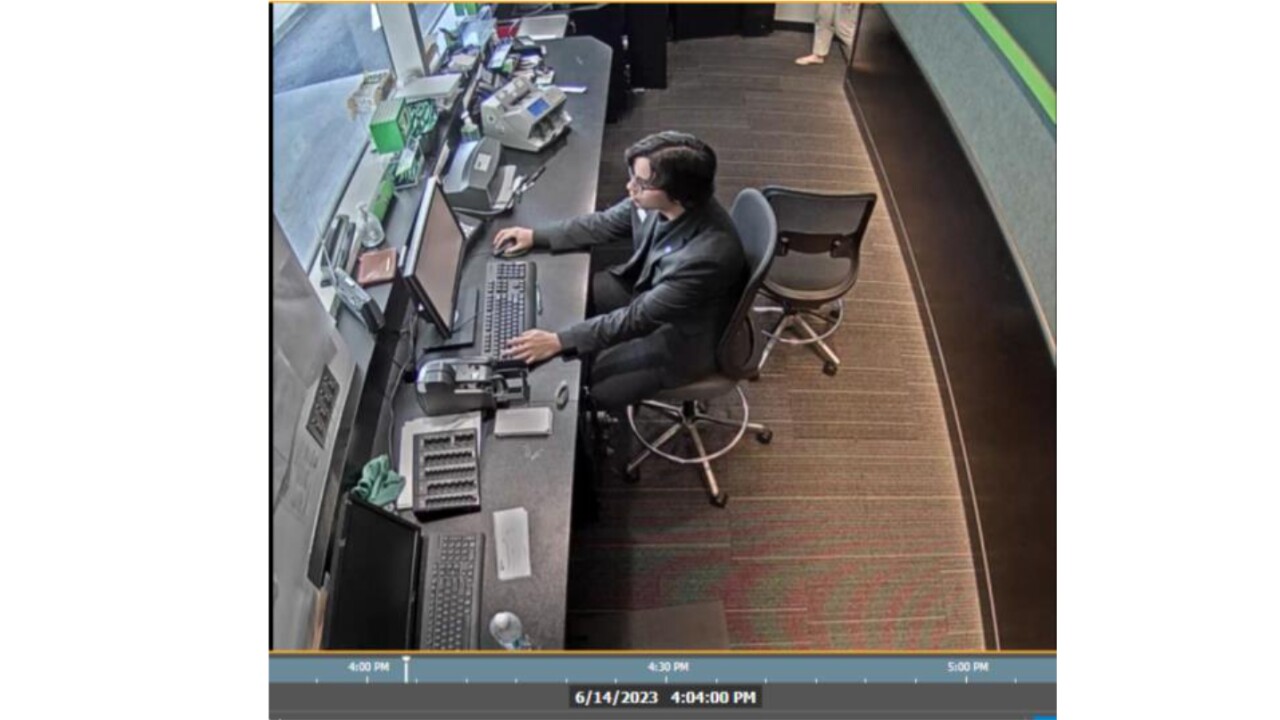MasterCard is aggressively pursuing emerging markets, and in early February opened a technology hub in Pune, India to compete with the entrenched domestic payment networks.
Along with another center in Vadodara, it's MasterCard's largest development hub outside of the U.S. MasterCard's own developers work with local partners, making each center a hybrid of internal staff-driven programming and open development techniques.
The center in Pune focuses on operations and processing, while the center in Vadodara focuses on mobile payments and digital wallets.
In such markets, "it's a challenge if you rely on any one single network or domestic network," said Ari Sarker, MasterCard's division president for South Asia and the country corporate officer for India. "We want a more open playing field. That can help open up the market and combat fraud, which is a real concern."
MasterCard will use the India hub to develop payment products designed for countries throughout the region. "Something that worked in India would also have resonance in Vietnam, Cambodia, etc." Sarker said.
Additionally, MasterCard plans to introduce its MasterPass digital wallet in India by 2015 for in-app purchases, and also hopes to develop Near Field Communication payment capabilities in the country by that time.
About 97% of the payments in India are still cash, and the scale of migrating such a large country requires more bandwidth, Sarker said, adding the current e-commerce market in India is about $12 billion, out of about $1.1 trillion in yearly payments overall.
In India, MasterCard competes with Visa and
The government does not forbid outside networks, but the Indian government
"90% of the payment flows in India run on the domestic network," Sarker said. "But we hope the government realizes that these single networks can create a choking point that could lead to lower growth and development of electronic payments."
Sarker is in touch with local authorities in India to loosen restrictions, he said. MasterCard and Visa have been active in India for years, and MasterCard participates in the government's national financial inclusion initiative, called "Digital India." There has been some regulatory progress, as MasterCard recently entered an agreement with a local Indian state to
Mobile payment initiatives in other countries, including Kenya's successful M-Pesa initiative, also faced regulatory hurdles at first.
"While the base ingredients to duplicate [M-Pesa-style] success are the same in Kenya as in India, the devil is in the details," said Daniel Van Dyke, a research associate at Javelin Strategy & Research. "The thought behind MasterCard's move is that with a local team dedicated purely to innovation, they're best suited to crack the mobile money code in developing regions."





